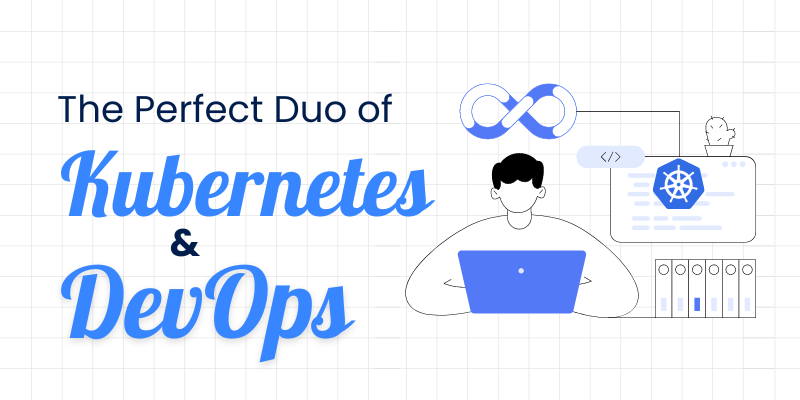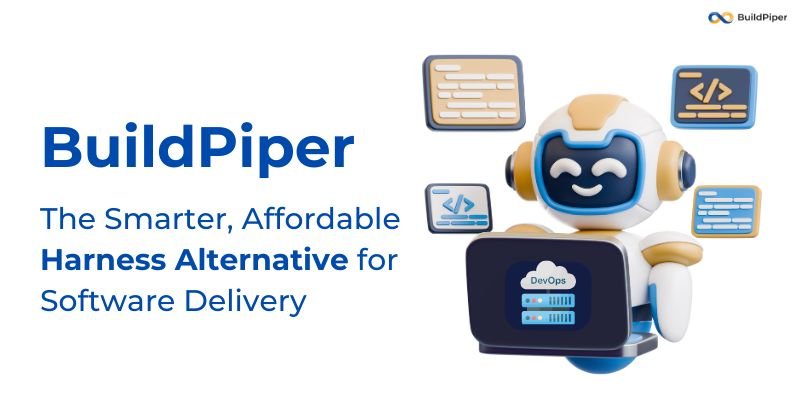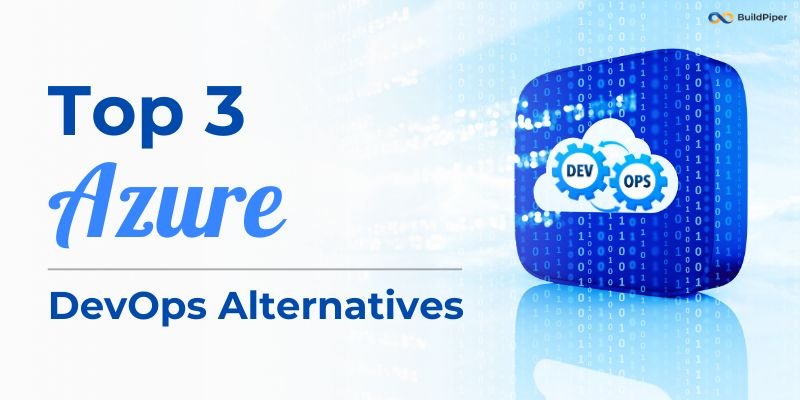In today’s super-dynamic software world, many DevOps processes utilise Kubernetes container management tools. DevOps is a cultural change where the development and operations (DevOps) teams are merged to improve collaboration and productivity. Its main objective is to empower teams to deliver software faster and more efficiently.
On the other hand, Kubernetes automates the deployment, scaling and management of containerized applications. As a duo, both Kubernetes and DevOps make an ideal pair which is very effective for the software development life cycle. In this blog, we’ll discuss how Kubernetes complements DevOps practices in combination with Cloud and DevSecOps solutions.
Automation and Infrastructure as Code
The term automation is the main idea inherent in DevOps for Kubernetes (one of the essential principles of DevOps). Kubernetes offers a platform where infrastructure can be defined and managed as code using declarative configurations. It is this method that helps the teams of developers and operations in automatically arranging the provisioning of infrastructure, deployment of apps and scaling of services, thus eliminating manual intervention and human mistakes.
Adopting DevOps for Kubernetes simplifies the consistency and reliability of the application and infrastructure that involves transition across diverse conditions. To do so, it uses its declarative API, through which teams can represent the required state of the application and infrastructure. Then, it compares the actual state to the desired one and adjusts the former in case of any differences.
Continuous Integration and Continuous Deployment (CI/CD)
DevOps requires incorporating continuous integration and continuous deployment (CI/CD) approaches to streamline the software delivery process. Kubernetes integrates with CI/CD pipelines where containerized applications go through testing, building and deployment within the pipelines. CI/CD automation helps in improving pipeline efficiency.
Teams can take advantage of Kubernetes’ features for auto-deployment like rolling updates and canary releases to enable seamless release of new features. This reduces the downtime and reduces the impact of any release on end-users.
Scalability and High Availability
Scalability and high uptime availability are important aspects of most applications for handling different workloads and ensuring uninterrupted service uptime. Kubernetes is also able to scale applications automatically based on demand by performing traffic distribution, together with network routing, enabling quick recovery from failures.
Kubernetes utilizes its native features such as horizontal pod autoscaling and self-healing capabilities, where there is no need for continuous manual intervention. Automation enables the DevOps team to focus on tasks that add value, rather than trivial tasks of maintaining the infrastructure.
Collaboration and Visibility
DevOps fosters an environment where there is collaboration between developers, operations and other stakeholders associated with the software delivery process. Kubernetes offers a centralized platform where teams can collaborate, share experiences as well as gain some visibility into the app’s performance as well as the infrastructure health.
Kubernetes dashboard and monitoring tools allow teams to inspect and get insights for resource utilization, application metrics and logs, facilitating proactive monitoring, troubleshooting and optimization of both applications and infrastructure.
Final Brief Up
Kubernetes and DevOps are the fundamental forces which are transforming the patterns of implementing software and its delivery into production. By integrating Kubernetes into the DevOps workflow alongwith CI/CD automation, enterprises can achieve accelerated speed to market, greater scalability and enhanced resilience in addition to improved collaboration among teams, which eventually will lead to delivering better value to customers.
As companies begin to embrace cloud-native technology into their infrastructure and adopt the Cloud and DevSecOps solutions, understanding the benefits of Kubernetes is important. It becomes truly vital to see how Kubernetes helps DevOps teams in building and maintaining software solutions that are robust, scalable as well as efficient.









